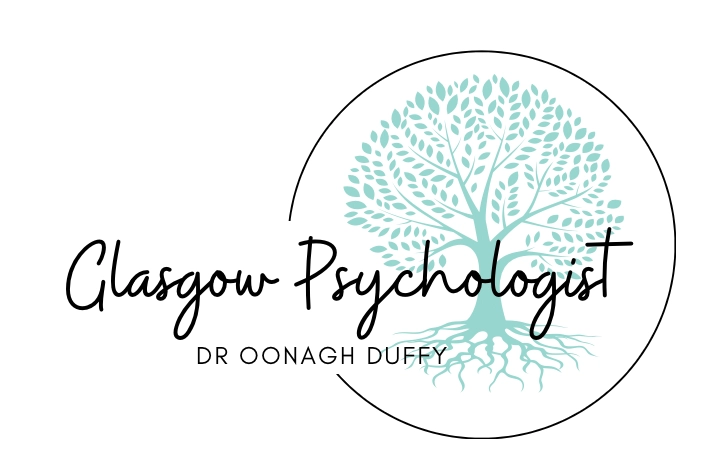How I work and what to expect
What to expect at your first visit
Most people are nervous at their first appointment. This is normal and to be expected. Hopefully once we meet, and settle into our conversation, your nerves will calm and you will feel more comfortable as the time passes.
Our first sessions will give us a chance to understand what has brought you to therapy. Together we will talk about your difficulties, and hopes for therapy.
I will ask some questions which will help us to understand your thoughts, feelings, or behaviours that are keeping your difficulties going, and whether aspects of your past could be playing a part in your difficulties.
We will talk about your strengths and resources which may be important in helping you to overcome current difficulties.
We will draw up this understanding of your life story or "psychological formulation" which will be a therapy blue print to help us to determine areas to work on, and which therapeutic approaches to use to allow you to reach your therapy goals.
This will be a collaborative process. You are the expert on your life.
I am experienced in a range of therapies to create a tailored treatment plan which is specific to you to help you to overcome current difficulties. Initial appointments will give us a good idea if we "click" and will work well together. This is important as research has shown that a good relationship with your therapist is one of the strongest predictors of therapeutic success.
Our discussions will be confidential. I will only break confidentiality if there is a significant risk to you or someone else. More information is available within my Privacy Policy.
Why see a Clinical Psychologist?
Clinical Psychologists generally assist people with a range of everyday problems such as stress and relationship difficulties. They also provide counselling and therapy for people with diagnosed mental disorders, such as anxiety disorders or depression. They help people to develop the skills needed to cope and function better, and to prevent ongoing problems. Clinical Psychologists follow clinical guidelines (e.g. National Institute for Health and Clinical Excellence) and offer evidence based interventions. However, the nature and course of therapy is planned collaboratively with children and parents, or with the adult themselves.
Clinical Psychologists have Doctoral level training in more than one therapy for a wide variety of difficulties across age ranges. This means that we can use a variety of therapeutic approaches to create a treatment plan tailored for your needs, rather than trying to fit your needs into one specific therapeutic approach. It takes on average 7 years to train as a Clinical Psychologist which includes academic study, research training, clinical training and supervised practice. Clinical training involves 3 years of supervised practice with clients across the age range in a number of areas; adult, child and adolescent, learning disabilities, older adults and neuropsychological testing. They register with the HCPC in order to practice and must adhere to high levels of professional practice standards and conduct.
Clinical psychologists and psychologists cannot prescribe medication. Their treatments are based on changing behaviour and emotional responses without medication. There is a considerable amount of evidence showing psychological treatments are effective on their own, as well as in combination with certain types of medication.






